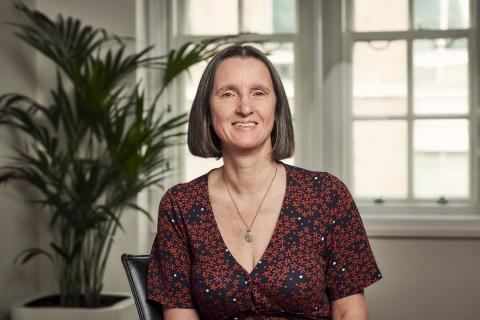Claire said “This will result in savings on series but not on the essential missions of the BBC."
This is a surprising result in view of the existential crisis of the BBC and which should give hope to other public services.
The stakes were indeed high. “But in her public release, Nadine Dorries short-circuited a whole process with the Ministry of Culture and an approval by Parliament."

